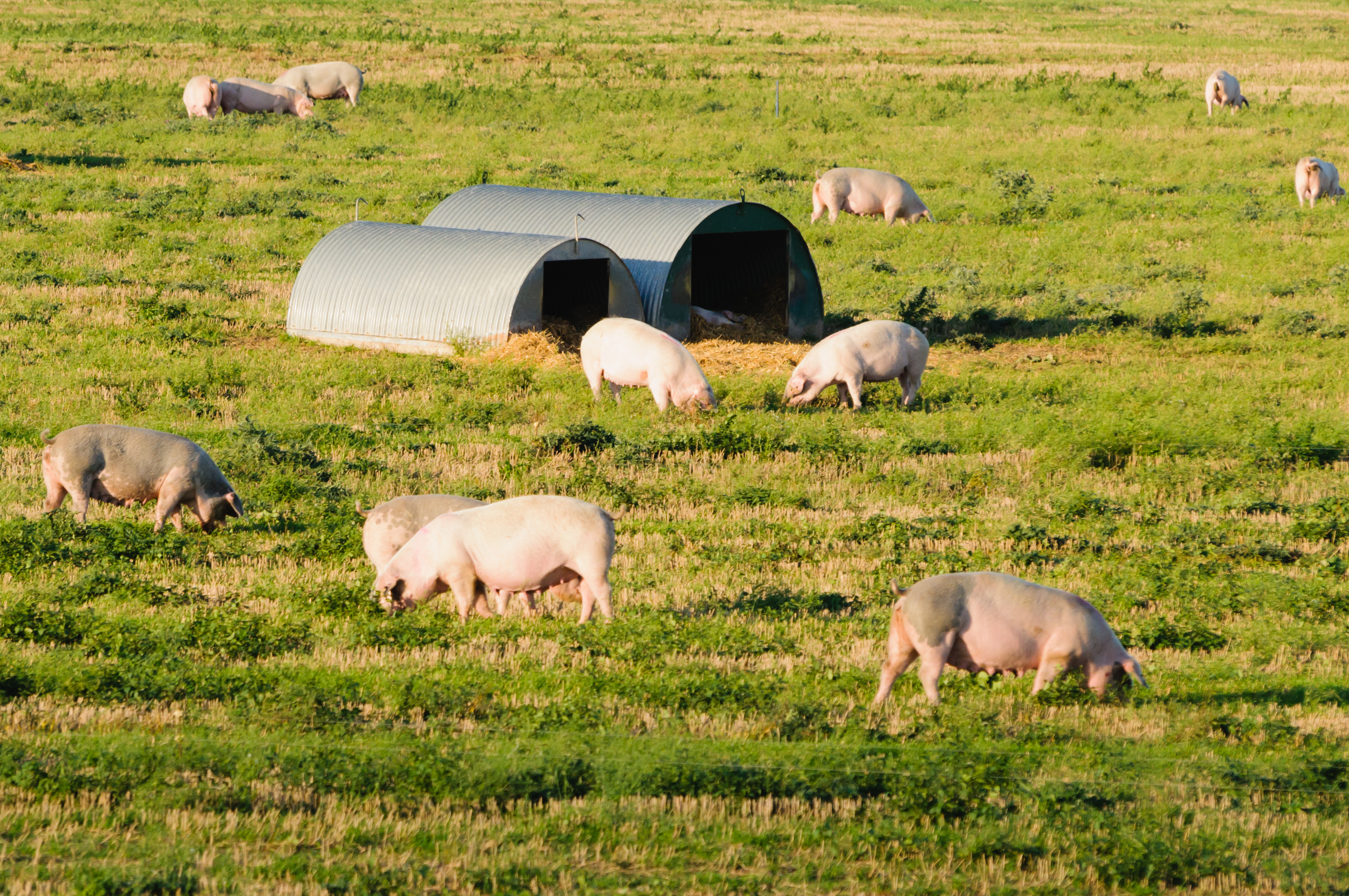



Researchers investigate the long-term impacts of COVID-19 on UK food system
The research, presented by Professor James Lowenberg-DeBoer, indicates that now is the time for researchers, agri-business and farmers to work together to understand how food supply chains can be shorter and more resilient.Experts from Harper Adams University collated their analysis remotely and presented their findings at a virtual event on Wednesday (29 April). The analysis centred around how the current COVID-19 pandemic will affect agriculture and the broader food system in the long run.

Academics from around the world are starting to pose questions regarding post-pandemic agriculture: when there is a COVID-19 vaccine and effective treatments, what changes in consumer, business and farm behaviour will persist? Will the COVID-19 pandemic permanently change consumer preferences? Will the realisation of the fragility of long distance supply chains lead to the end of globalisation?
According to the report presented by Professor James Lowenberg-DeBoer, the post-pandemic food systems challenge in the UK is worth thinking about because geography, history and political choices are likely to result in some problems that require UK specific solutions.
COVID-19 has shown again that in times of great uncertainty, data, analysis and expertise count in making decisions, Professor Lowenberg-DeBoe concluded in the report. He explains that now is the time to begin examining the cost of food supply disruptions and collecting data on how consumer preferences have changed. It is the time for researchers, agri-business and farmers to work together to understand how food supply chains can be shorter and more resilient.








